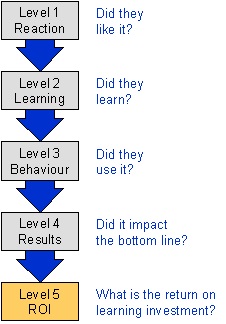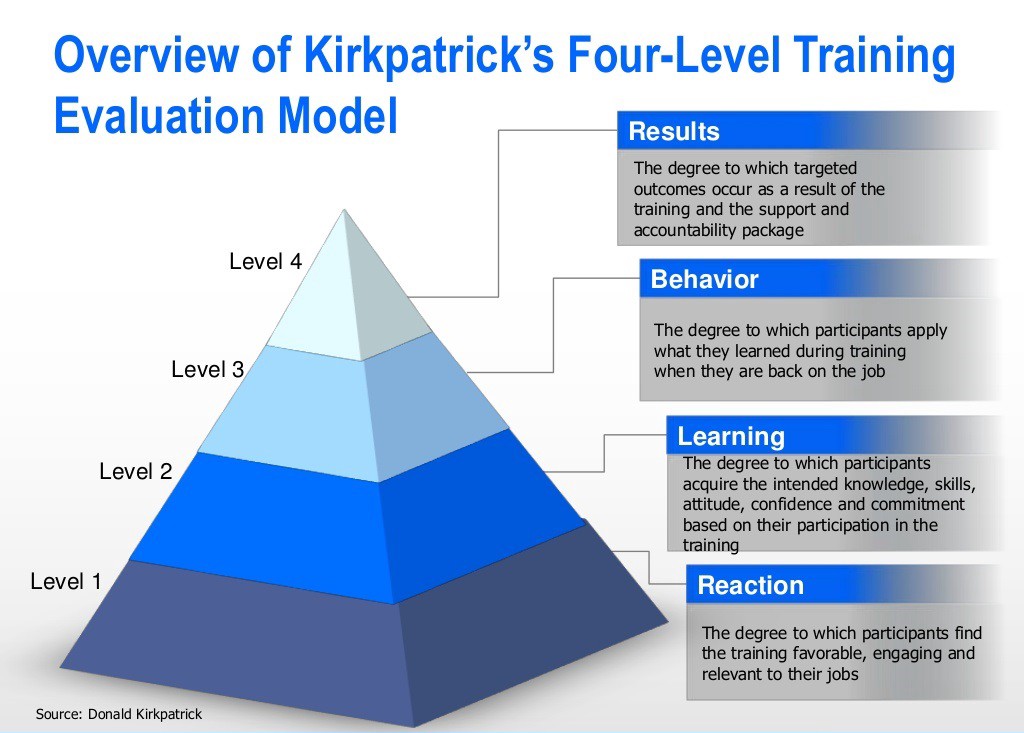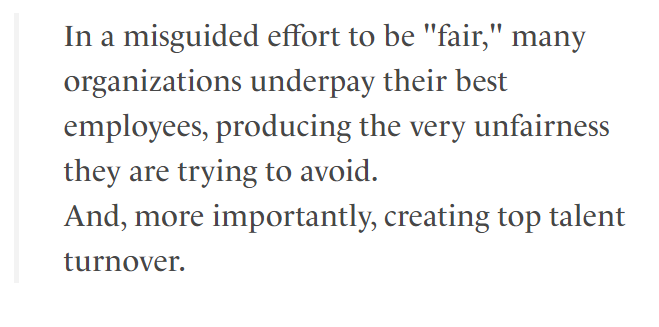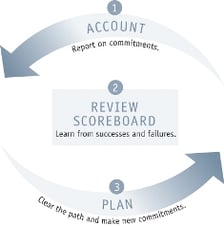 What’s the best training you ever experienced? Did it change your behavior?
What’s the best training you ever experienced? Did it change your behavior?
When I first got into radio, I was starved to learn more. In my first job in sales after college, I learned little from my sales manager. I left after 3 months. I wanted to learn how to be better.
At my new position, salesperson, WFON-FM, Fond du Lac, WI, Sales Manager, Paul Chasteen promised me I’d learn. Every day for the next several years, I would recount my sales activity through a report and one-to-one meetings with Paul. He would ask me questions, role-play the meetings with my customers, discover what I did well, and what I could say to improve. Sometimes these meetings would carry over into the bar across the street, yet always he probed about what I said, how I said it, and what I might do to convert the prospect in my next encounter.
No subsequent training or effort I ever did resulted in a more dramatic change in my behavior. I moved up to become a sales manager there, a sales manager at several other jobs, and eventually a general manager and owner of a radio station. Most of this growth came because of the learning and behavioral change he inspired.
Most companies training investment doesn’t work. In Work Rules! (Insights from Inside Google That Will Transform How You Live and Lead) Laszlo Bock shares two principles that work at Google which he feels can improve your training effectiveness.
Behavior Change
Many companies measures training by how much. K. Anders Ericsson, professor of psychology at Florida State University, studied the acquisition of expert-level skills for decades. Conventional wisdom is it takes ten thousand hours of effort to become an expert. Ericsson found it’s not about how much time you spend learning, but rather how you spend your time. He finds evidence people who attain mastery of a field, whether they are violinists, surgeons, athletes, or even spelling bee champions, approach learning in a different way from the rest of us.
They shard their activities into tiny actions and repeat them relentlessly.
Each time, they observe what happens, make minor—almost imperceptible—adjustments, and improve. Ericsson calls this deliberate practice: intentional repetitions of similar, small tasks with immediate feedback, correction, and experimentation.
Simple practice, without feedback and experimentation, is insufficient.
You may have heard the joke about the person who says they have 25 years of experience. When instead, they’ve had one year of experience 25 times!
Building this kind of repetition and focus into training might seem costly, but it’s not.
It’s a better investment to deliver less content and have people retain it than it is to deliver more hours of “learning” that is quickly forgotten.
Best Teachers
Just like my sales manager at my 2nd job in radio, your best teachers/trainers are sitting right next to you.
For the past forty-plus years, HR professionals have measured how time is spent, asserting 70 percent of learning should happen through on-the-job experiences, 20 percent through coaching and mentoring, and 10 percent through classroom instruction.
The 70/20/10 rule doesn’t work.
First, it doesn’t tell you what to do
Second, even if you know what you’re supposed to do, how do you measure it?
Third, there’s no rigorous evidence that allocating learning resources or experiences in this way even works.
Better Way to Measure Learning
In 1959, Donald Kirkpatrick, a professor at the University of Wisconsin and past president of the American Society for Training and Development, discovered a model that prescribed four levels of measurement in learning programs: reaction, learning, behavior, and results.
- Reaction—asks the student for her reaction to the training.
- Learning—assesses the change in the student’s knowledge or attitude, typically through a test or survey at the end of the program. Anyone who has taken a driver’s license exam has experienced this.
- The most powerful is assessment—behavior. To what extent have participants changed their behavior because of the training?
- Look at the actual results of the training program. Do you sell more? Are you a better leader?
 It’s much more difficult to measure the impact of training on less structured jobs or more general skills.
It’s much more difficult to measure the impact of training on less structured jobs or more general skills.
Fire Bullets, Then Cannonballs.
How can you measure whether training works in a retail environment? Select two groups, as similar as you can, train one, then monitor the results. If sales go up for the trained group, and not for the other, you know training is effective.
Unfortunately, most companies are too impatient. They train everyone, not knowing if the training is effective or not. While it takes longer, at least you know whether it’s working or not. Why invest training funds if you don’t know whether it’s effective? This method is similar to fire bullets then cannonballs.
To create an environment where everyone is inspired to give their best, contact Positioning Systems today to schedule a free exploratory meeting.
Growth demands Strategic Discipline.
Inc Magazine’s Why Google Quietly Uses the Power-Law Rule to Pay Its Superstar Employees Unfairly' provides insights into how Google pays commensurate with contribution in Work Rules. Isn’t this fair? Bill Gates is reported to have said, “A great lathe operator commands several times the wage of an average lathe operator, but a great writer of software code is worth 10,000 times the price of an average software writer.” Next blog we explore why paying “fairly” in most companies isn’t and shouldn’t be equitable.
Building an enduring great organization requires disciplined people, disciplined thought, disciplined action, superior results, producing a distinctive impact on the world.
Discipline sustains momentum, over a long period of time, laying the foundations for lasting endurance.
 A winning habit starts with 3 Strategic Disciplines: Priority, Metrics, and Meeting Rhythms. Forecasting, accountability, individual, and team performance improve dramatically.
A winning habit starts with 3 Strategic Disciplines: Priority, Metrics, and Meeting Rhythms. Forecasting, accountability, individual, and team performance improve dramatically.
Meeting Rhythms achieve a disciplined focus on performance metrics to drive growth.
Let Positioning Systems help your business achieve these outcomes on the Four most Important Decisions your business faces:
|
DECISION |
RESULT/OUTCOME |
|
PEOPLE |
|
|
STRATEGY |
|
|
EXECUTION |
|
|
CASH |
|
Positioning Systems helps mid-sized ($5M - $250M+) businesses Scale-UP. We align your business to focus on Your One Thing! Contact dwick@positioningsystems.com to Scale Up your business! Take our Four Decisions Needs Assessment to discover how your business measures against other Scaled Up companies. We’ll contact you.
NEXT BLOG – Why Paying Unfairly is Fair






.jpeg?width=150&height=135&name=Hand%20with%20marker%20writing%20the%20question%20Whats%20Next_%20(1).jpeg)

